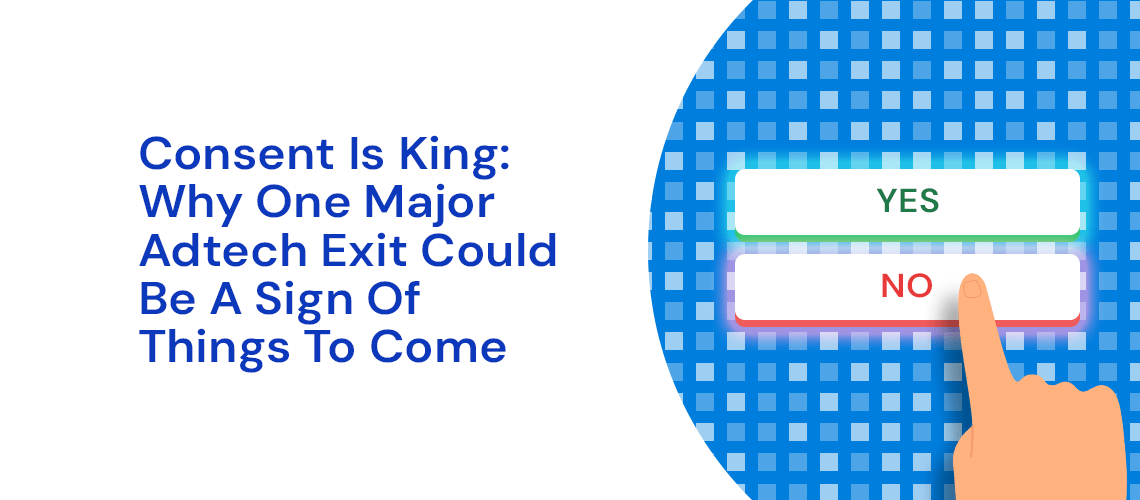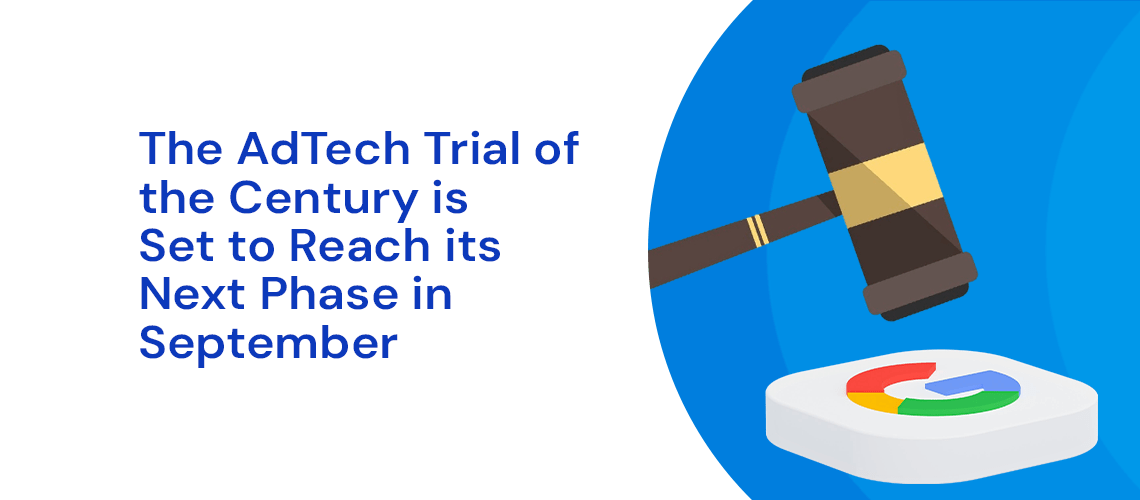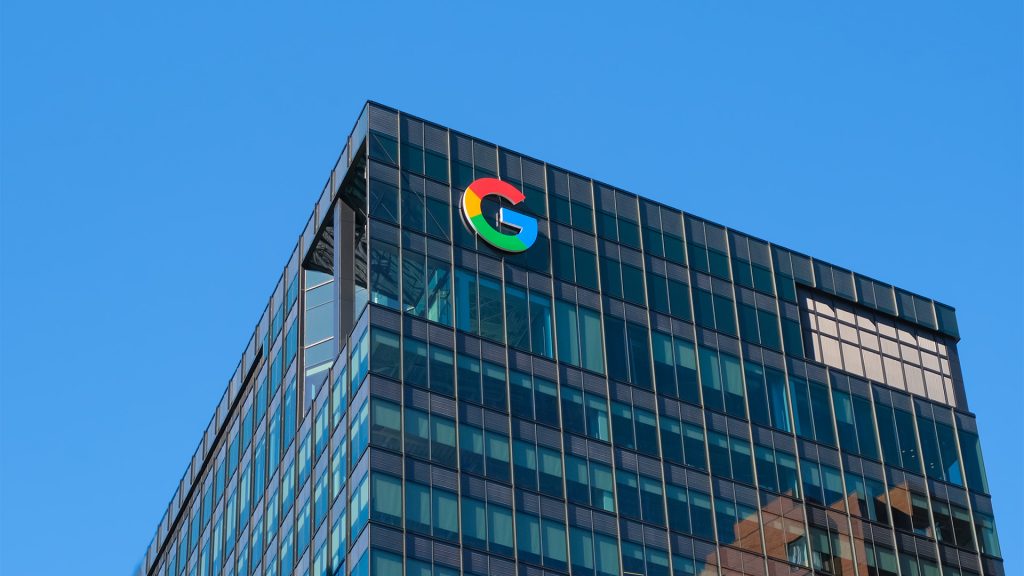
Consent is King: Why One Major Adtech Exit Could Be A Sign of Things To Come
August 7, 2024
On April 17, U.S. District Judge Leonie Brinkema ruled that Google had engaged in anticompetitive practices, including monopolizing the publisher ad server and ad exchange markets.
The three week trial concluded with the Department of Justice ruling that Google used monopoly-building tactics of eliminating competitors through acquisitions, locking customers into using its products, and controlling how transactions were executed in the online ad market, prosecutors said at trial. This trial is independent of the earlier search monopoly ruling against Google, which may be more damaging to Google, as the sale of Chrome is on the table.
The Department of Justice (DOJ) and 17 states had filed a lawsuit alleging that Google unlawfully tied its ad server (DoubleClick for Publishers or DFP) and ad exchange (AdX) to maintain dominance in the ad tech space. The court agreed, with Judge Leonie Brinkema determining that Google had committed anti-competitive actions, specifically monopolizing the publisher ad server and ad exchange markets.
“Google’s integration across ad serving, exchange, and buying platforms created efficiency, but it also limited competition and transparency,” Julie Geller, principal research director at Info-Tech Research Group told Computerworld. “This decision forces a closer look at how market power is exercised through vertical control.”
As Paul Bannister, Chief Strategy Officer for Raptive summed it up, the outcome could be transformative for the adtech system.
“Google is forced to divest of Google Ad Manager (GAM) and its ad exchange, AdX. The GAM/AdX spinoff is forced to make AdX available to publishers outside GAM, and Google is forced to continue sending programmatic demand to the web at the same rate it does today.”
Google’s direct competitors were thrilled with the ruling. Jed Dederick, Chief Revenue Officer at The Trade Desk, upon the verdict, said: “I know a divestiture of GAM sounds like a lot of work. But imagine an era of innovation where the value we have all created on the open Internet is shared as upside by publishers, consumers, agencies and advertisers, and it’s not all just pocketed by one company.”
Google responded sharply, and it has fought hard in the post-trial remedies phase of the trial, which kicks into gear again in late September, when the remedies proposed by the Judge go into hearings.

Lee-Anne Mulholland, Google’s VP of Regulatory Affairs, said: “We won half of this case and we will appeal the other half. The Court found that our advertiser tools and our acquisitions, such as DoubleClick, don’t harm competition. We disagree with the Court’s decision regarding our publisher tools. Publishers have many options and they choose Google because our ad tech tools are simple, affordable and effective.”
Industry commentary for some time has focused around Google’s views that it may have to sacrifice some part of its adtech business in order to stave off antitrust rulings that are more harmful to their bottom line. Terence Khawaja, adtech investment banker lead at LUMA Partners, said Google may be glad to exit the sell-side of adtech.
“This would be a positive for Google as it rids them of their business unit with the slowest growth, the lowest margins, and the biggest source of government headaches. And it would allow them to focus on their much larger, more strategic owned and operated businesses, like search, YouTube, and Cloud, among others.”
The response from the independent adtech market was muted in parts, no doubt because the commercial imperative to set up a non-bundled adserver is weak.
“Competitive SSPs will either buy or build their own ad servers. Some already have some ad server tech in-house, and they’ll likely be augmenting those teams in advance of whatever happens on the Google antitrust front,” Raptive’s Bannister said. “Ad serving on its own isn’t a great business, so it’s likely only going to be successful if you can bundle programmatic demand with it, which is why Google did it.
In the last few weeks both parties have been to and fro in the courts, arguing over the penalties or remedies that Google must undertake, in order to level the playing field for competition to exist fairly in the multibillion digital advertising market.
Google has claimed that the Department of Justice is going beyond the scope of the ruling.
“The DOJ is seeking remedies that go significantly beyond the Court’s narrow ruling by forcing a divestiture of Google Ad Manager. This would risk breaking a tool advertisers use to connect with publishers and efficiently reach their customers, and that app and video publishers use to monetize their content — businesses that aren’t even part of the narrow market of “open web display ads” at issue in this case.”
Further, Google claimed “these remedies would make it even easier for publishers to use Google Ad Manager with other ad tech providers, while minimizing disruption. Here are some specifics: Make real-time bid amounts for open web display ads from our ad exchange (AdX) available to all rival publisher ad servers; Deprecate Unified Pricing Rules for open-web display ads, giving publishers the option to set different price floors for different bidders when using Google Ad Manager; Commit to not using “first look" and “last look” for open-web display ads.”

The Department of Justice has, during the course of May, said that these changes do not go far enough to fix the anti-competitive nature of Google’s dominant position in the online ad market.
The DOJ filed a formal response on May 19, and eleven days later it issued a short notice, ordering Google to “produce internal reports and analyses prepared by non-lawyers at Google describing the nature and scope of work that would be required to modify Google’s ad exchange (AdX) and Google’s publisher adserver (DFP) to facilitate divestiture as requested by plaintiffs, including the burden, cost, and potential difficulties of implementing those changes.”
It also included a section titled: “Google’s Proposal Fails to Prohibit All of Google’s Illegal Conduct.”
The remedies hearing starts on September 22.
